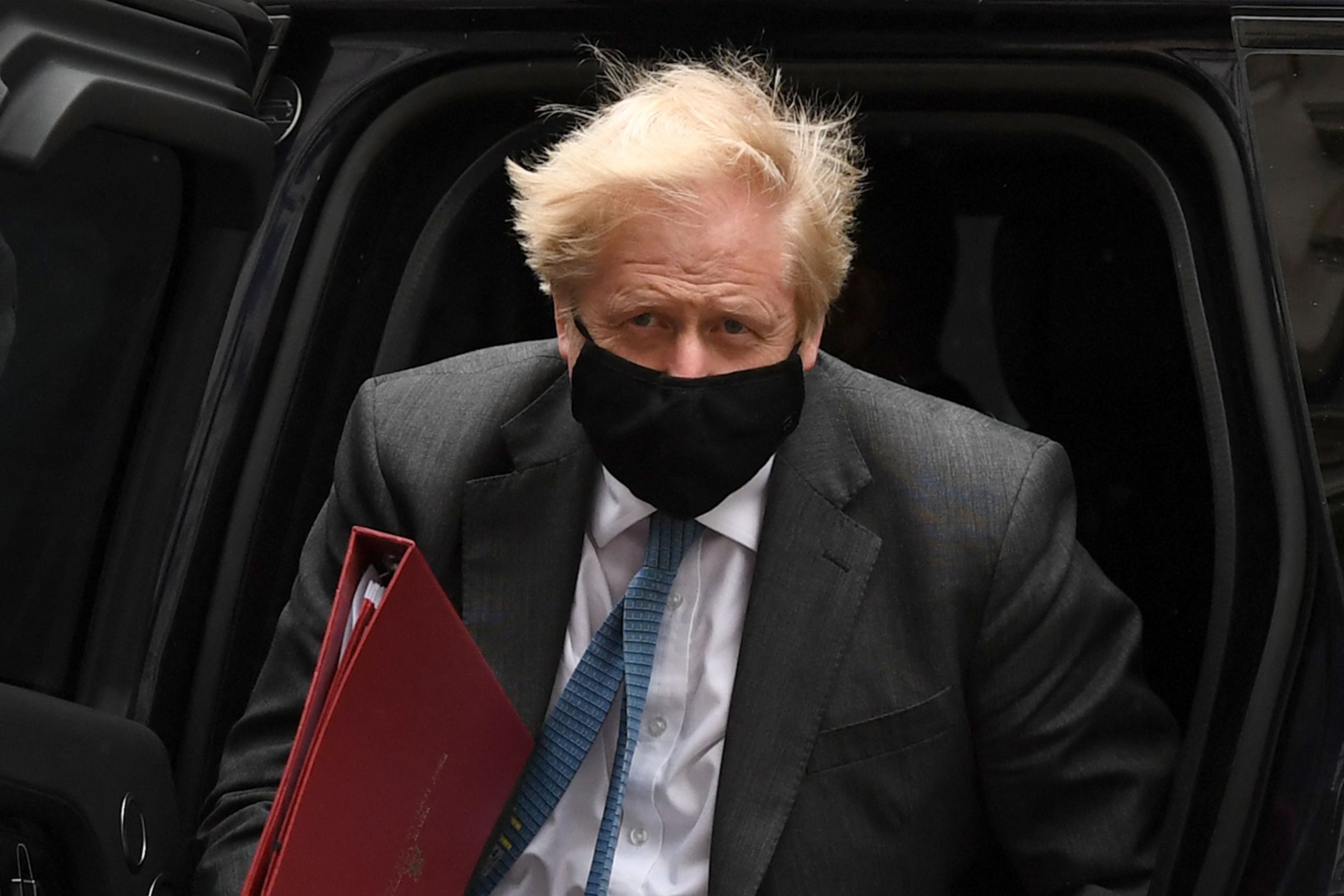We benefited from international kindness 75 years ago – now is not the time to turn our backs on others
It’s a dereliction of duty if we fail to help others like we were helped in the wake of the Second World War, writes Laurie Lee


This week marks the 75th anniversary of the first Care package being sent from the US to Europe to help families suffering at the end of the Second World War. Around 400,000 packages eventually arrived in the UK, highlighting that the international community was there for us when we needed them most. And now it would be a dereliction of duty if we fail to do the same.
It’s late in the day, but there is still time for the prime minister, Boris Johnson, to change his mind on cutting foreign aid, and I believe he might.
Why? Because it’s only just dawning on him just how terrible the impact of these cuts would be in practice. Despite the lack of transparency from the Foreign Office, it is now becoming clear to those of us working on the “frontline” of international development that these aid cuts will, tragically, cost hundreds of thousands of lives.
While the human cost alone should be reason enough for a rethink, perhaps the prime minister might be swayed by the impact this policy will have on the UK’s global reputation. At a time when it is heavily promoting its presidency of both the G7 and the Cop26 climate summit, as well as co-chairing a global pledging conference with Kenya on girls’ education, the UK is simultaneously destroying its ability to meaningfully act on these initiatives.
Our international partners, at a time when we are reassessing our trading arrangements globally, may begin to look at us as a country that can’t be relied upon; saying one thing but doing another. As Conservative MP and former minister Andrew Mitchell put it, the UK risks becoming “a promise-breaking passenger”.
Mitchell isn’t the only one who shares that sentiment. Conservative MPs are coming out in increasingly large numbers against the cuts. So much so that the government appears unwilling to put the question about the foreign aid budget to a vote in parliament, which it fears it would lose.
With the impact of this decision becoming so clear and so stark, I believe the prime minister, a shrewd and experienced politician, may think twice about whether to go through with it. But time is running out. If he wants to save Global Britain’s reputation, he needs to stop these cuts going ahead before the G7 Summit in Cornwall on 11 June. That is just five weeks away.
If he wants to stop the terrible impact of these cuts on millions of the poorest people in the world, he needs to reverse his decision even sooner. Due to the government’s financial year starting on 1 April, Foreign Office officials are currently spending this week on the phone with other countries, UN agencies and charities around the world to tell them to stop the lifesaving work that the UK had promised to fund this year. A heartbreaking and gut-wrenching consequence of this political decision.
Of course, the government is not blind to this and has a justification ready for the cuts to foreign aid … the Covid-19 deficit.
The chancellor, Rishi Sunak, told parliament that spending 0.7 per cent on foreign aid is difficult to justify during a domestic fiscal emergency “when we’re seeing the highest peacetime levels of borrowing on record”.
A fair point, you might think. But then consider the aid budget already decreases automatically when our economy shrinks. As the foreign secretary pointed out himself when he wrote to parliament on 22 July, when the economy retracts, official development assistance also reduces because the value of the 0.7 per cent commitment is based on the UK’s national income.
In reality, this means the aid budget fell by £700m in 2020 as a result of the impact of Covid on the UK economy and falls another £500m in 2021 because the economy is forecast to be smaller than the previous year. That is already a chunky £1.2bn cut in the aid budget. Indeed, that’s part of the beauty of how the 0.7 per cent aid target works. It is a balance between the needs of people in the UK and the promises we have made to the world’s poorest people.
Cutting the aid budget by another £4bn, on top of the £1.2bn saving, is simply not fair, not right and will cause untold damage – at home and abroad. To put it into context, I can say with some certainty that no other government budget has ever been cut by 29 per cent in one year. Ever.
This highly damaging policy will only save 1 per cent of the £400 billion that has been borrowed by the chancellor, quite rightly, to respond to the Covid pandemic. The difference it makes to the overall deficit is minuscule. But the difference it makes to some of the poorest people in the world is life changing.
If the prime minister doesn’t want to spend political capital on performing a U-turn on the foreign aid budget, at the very least he should put it to a vote in parliament, as the foreign secretary suggested must happen on 26 November when he acknowledged that “legislation would be brought forward in due course”. Well, where is it?
Prime minister, to achieve your noble objective of creating a truly global Britain and to ensure we don’t pull the rug underneath hundreds of thousands of the world’s poorest, the time to act is now. There’s simply too much at stake.
Laurie Lee is CEO of Care International UK
Join our commenting forum
Join thought-provoking conversations, follow other Independent readers and see their replies
Comments